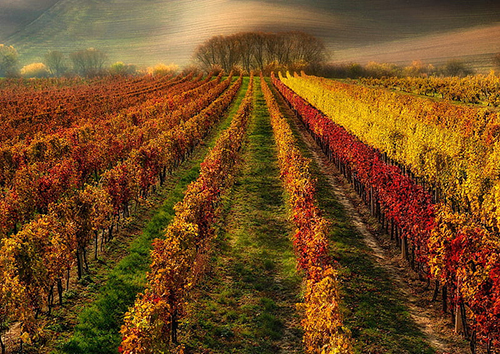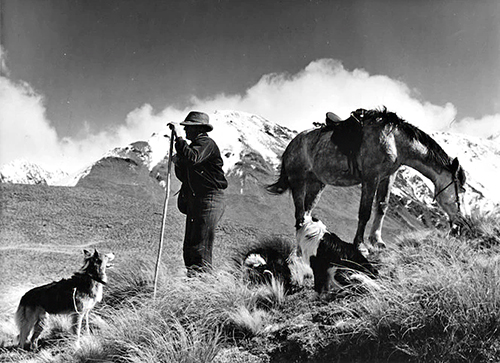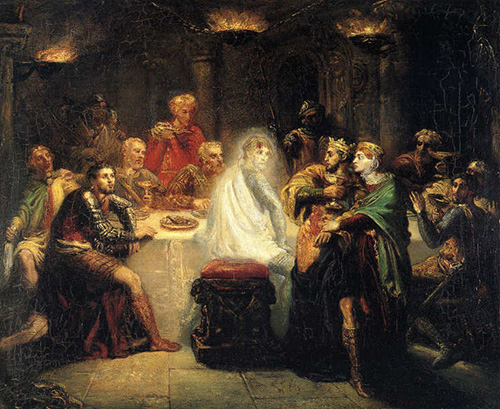
“As the Father has loved me, so I have loved you; abide in my love. ‘This is my commandment, that you love one another as I have loved you. (Jn 15:9 – 17)
How can you be commanded to love? Surely love must be a free response, not an obligation. You can be commanded to obey, but how can you be commanded to love? How could Jesus say, “This is my commandment, that you love one another?”
Meister Eckhart (1260 -1328) threw a clear light on this conundrum. He said, “When I am thirsty, the drink commands me; when I am hungry, the food commands me. And God does the same [when he commands me to love].”
In other words, the command to love is not a command that is laid on us from the outside; rather, it is an inner command, an inner urgency placed in our very being by God – like hunger and thirst; or, you might say, like the urgency that an oak tree has to develop as an oak tree. It is not something alien, it is totally our own, and yet it is totally from God.
Jesus’ command to love contains a critical subordinate clause, “as I have loved you!” What was unique in the way Jesus loved?
No one was excluded: prostitutes, sinners, tax collectors all found a place of welcome at the table. Those with a physical and/or psychological ailment were touched. Those possessed in some way were touched as they were possessed.
Where Jesus stretches us beyond our natural instincts and beyond all self-delusion is in his command to love our enemies, to be warm to those who are cold to us, to be kind to those who are cruel to us, to do good to those who hate us, to excuse those who hurt us, to forgive those who won’t forgive us, and to ultimately love and forgive those who are trying to kill us.
That command, love and forgive your enemies, more than any creedal formula or other moral issue, is the litmus-test for Christian discipleship. We can ardently believe in and defend every item in the creed and fight passionately for justice in all its dimensions, but the real test of whether we are followers of Jesus is the capacity or non-capacity to forgive an enemy, to remain warm and loving towards someone who is not warm and loving to us.
For many, unfortunately, the law to love has become the love of laws!



